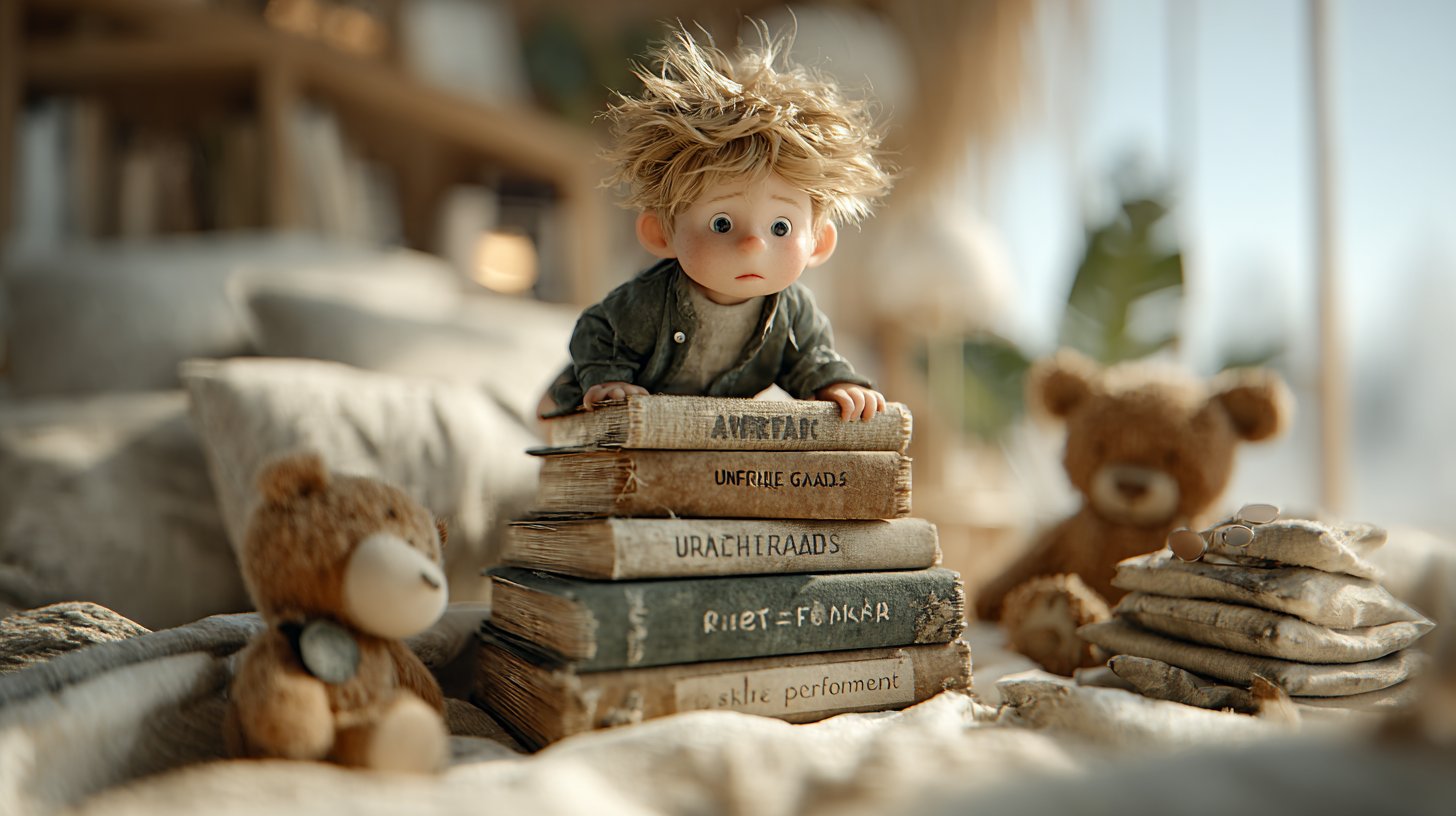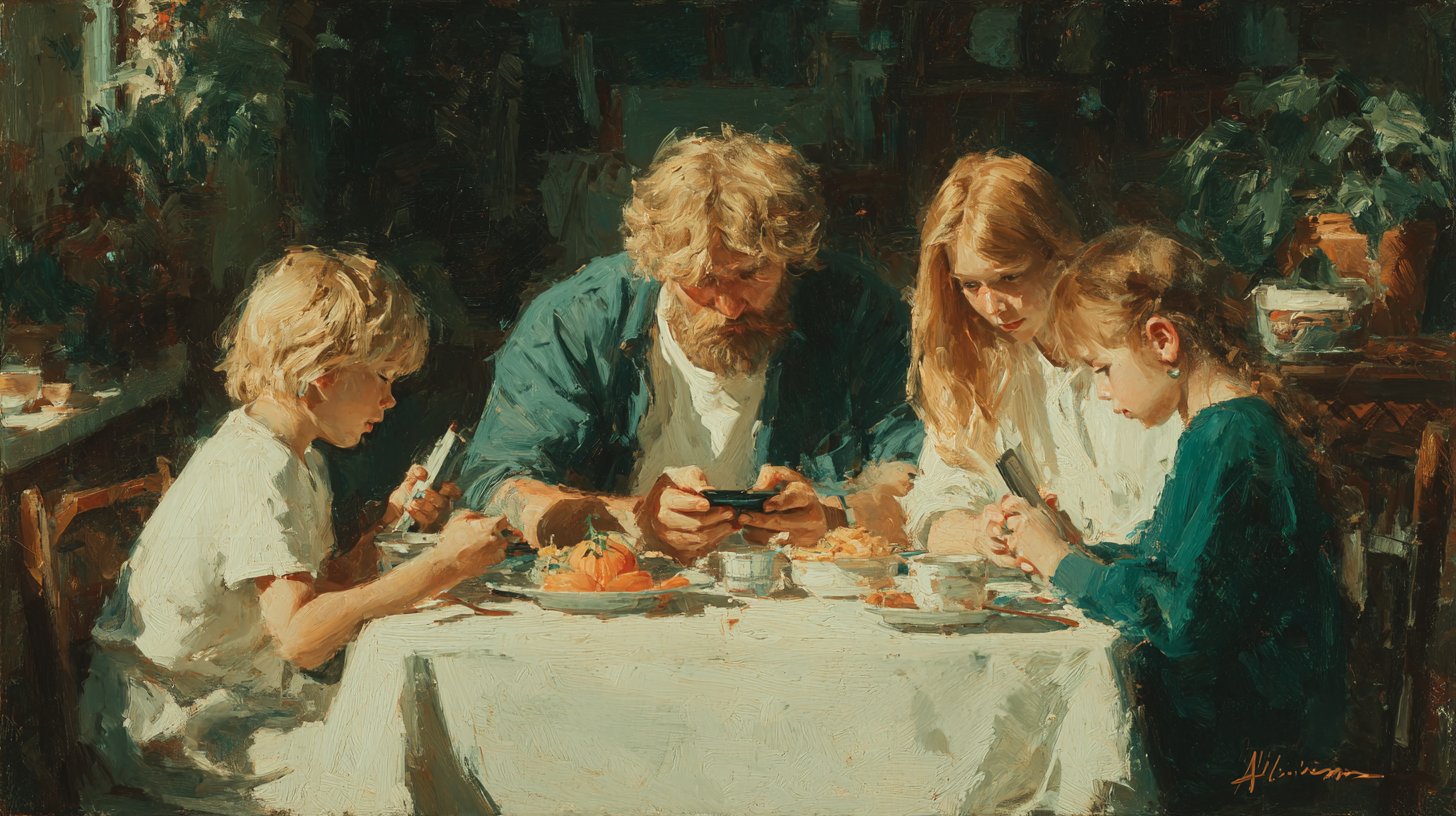Parents: Unconscious Traps for Children

In the role of parents, it is easy to fall into toxic habits without realizing it. Negative patterns can burden their children in the long term and impair their development. Particularly three central aspects that can be found in many families should be reflected upon by parents: communication, expectations, and self-care. Recognize these patterns to provide your child with a positive and healthy upbringing.
Parenting is an adventure full of ups and downs that brings both joy and challenges. You want only the best for your child and strive to provide them with a happy and healthy childhood. However, sometimes we unconsciously make mistakes that can have detrimental effects on our children's lives. By becoming aware of these potentially toxic habits, we can work to change them and thus create emotional and mental health for the next generation.
Unrealistic Expectations
One of the most common mistakes parents make is having unrealistic expectations of their children. You may wish for your child to excel academically or to develop special athletic talents. Such pressure situations often lead to stress-related problems in children who feel they cannot meet their parents' expectations. It is important to set realistic, achievable goals and to accept your child's individual strengths and weaknesses. Every child is unique and develops at their own pace.

Lack of Communication
Communication forms the foundation of every relationship. Many parents tend to not communicate their expectations and wishes clearly. Instead, often unspoken expectations are conveyed, leading to misunderstandings and frustration for both you and your child. Openness, active listening, and creating a space where your child feels safe to express their thoughts and feelings are essential. Children learn to express themselves and process their emotions when they know they are heard and understood.

Lack of Self-Care
Another often overlooked aspect of parenting is the self-care of parents. If you do not take care of yourself, you risk becoming emotionally burned out and stressed. An overwhelmed parent can neither provide the necessary support to the child nor create a positive atmosphere at home. Take time for yourself; whether to pursue hobbies or simply to take a break. By being a good role model for self-care, you teach your child to pay attention to their own health and well-being.

There are many other habits that can unconsciously affect children toxically. These include excessive criticism, comparisons with siblings or other children, and ignoring or preventing autonomy. An overbearing control of friendships or leisure interests can also lead to tensions. Recognizing these patterns is the first step toward a healthier relationship and an overall more positive parenting experience.
In summary, you as a parent play a fundamental role in your child's life. By becoming aware of potentially harmful habits, you can recognize them and actively work to change your behavior. It is never too late to work on your relationship with your child and to lay the foundation for a happy and healthy life. Spend time with your child, listen actively, and support their individual development to build a strong, trusting relationship. Parenting is not internalized but a continuous process of learning and growing.
Every day offers the opportunity to grow in your role as a parent. Take advantage of this and create a positive cycle that benefits both you and your child. Together you can master the challenges of life and build a strong bond that lasts a lifetime.


